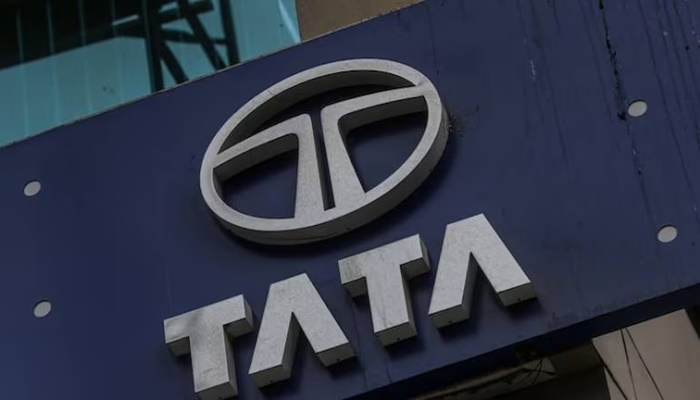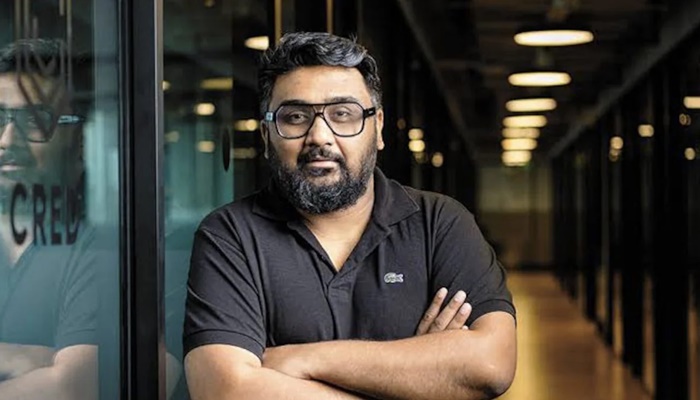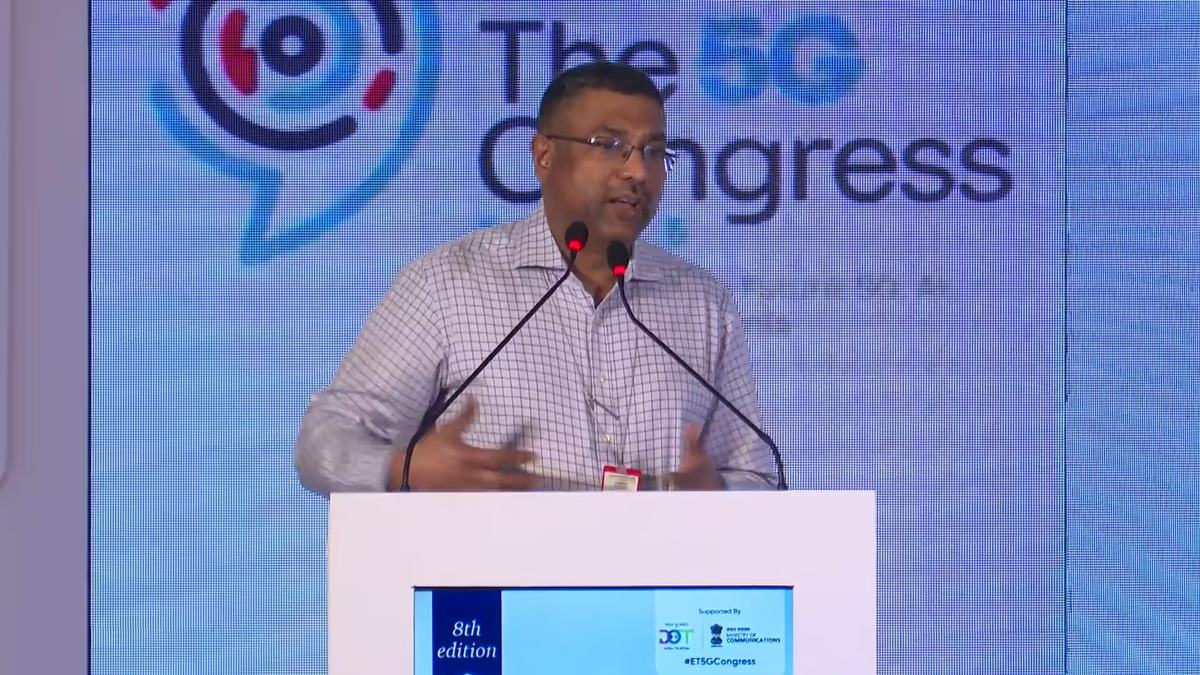John Colgrove, founder of Pure Storage, recently visited Bengaluru and made a bold claim: “Not a single job has been lost to AI.” On paper, it sounds reassuring. On the ground, it doesn’t hold up, as reported by TOI.
In the US, postings for entry-level jobs are down over 11 percent since early 2021. In India, it’s even sharper. Just two years ago, large IT firms were hiring 50,000 graduates every quarter. That number has crashed to under 5,000. In the UK, young people are sending out hundreds of applications and hearing nothing back.
So while the total number of employees in big firms might look steady, the pipeline feeding new talent into those roles is drying up. New graduates are stuck outside, knocking on a door that doesn’t open.
AI wants skills, not potential
There’s been a quiet shift in what companies value. It used to be enough to show promise. Now, they want proof.
Entry-level roles demanding AI skills have jumped by 30 percent, according to data from Draup. As reported by TOI, Mukesh Chaudhary of Accenture puts it simply: one in three companies is already experimenting with agentic AI, the kind that can take over whole workflows without constant human input.
Engineers, he says, now need to build, manage, and supervise autonomous systems. What used to be ‘starter’ tasks basic bug fixes or QA work are vanishing into automation.
And it’s not just coding roles. The same pattern is showing up in admin, data entry, marketing, customer support. Anywhere a junior used to learn the ropes is now where AI is being tested first.
The intern is the new employee
If you’re still thinking of internships as optional summer fluff, think again. Vijay Swaminathan, CEO of Draup, says it flatly: “Companies want graduates to be productive from day one.”
To get there, students need to pick a direction early. “Choose a focus area like data engineering or infrastructure and go deep, semester after semester,” he advises. Bouncing between interests doesn’t impress anymore. Depth beats variety.
It’s the same story from Devashish Sharma, CEO of Taggd: “Internships and hackathons have become the new probation period.” Companies aren’t waiting until someone’s hired to test them. They’re watching your GitHub, your open-source contributions, your side projects.
Atul Sahgal, who heads global talent acquisition at Cognizant, agrees. The company plans to hire 20,000 graduates this year but says the bar is higher. “A lively GitHub repo speaks louder than marksheets,” he says.
Degrees still matter. But they’re no longer enough
For many graduates, this shift feels like a betrayal. They did what they were told. Go to uni. Get the degree. Job will follow.
But now? Not always.
As reported by The Guardian, Susie, a PhD holder from Sheffield, applied to more than 700 jobs in nine months. She finally got one — it pays just under £30,000, barely above a research stipend. Martyna, 23, sent out 150 applications and heard mostly silence. “I feel very disheartened and, frankly, lied to,” she said. “I have £90,000 in student debt – for what?”
Even hospitality and retail roles are asking for experience. Lucy, a graduate from Lincolnshire, summed it up: “I got a degree because I was told it was the only good option. Now I’m working at Greggs.”
The market isn’t just tight. It’s unforgiving. And it’s stacked against those who come in with nothing but a degree and hope.
The machines now read your CV first
It’s not just that jobs are disappearing. The way you apply for them has changed too.
CVs are now being screened by AI long before a human sees them. This has triggered a wave of tricks like pasting the full job description into your CV in invisible font, so keyword filters don’t bin your application. But even that’s becoming pointless. The bigger issue is sameness. Everyone’s using the same AI tools to write the same polished cover letters.
Willemien Schurer’s son sent out 200 applications with no success. Her conclusion? “If everyone ticks all the boxes, how do you choose?” She thinks we’ve gone backwards. “It appears that it’s back to who you know rather than what you know.”
Networking, referrals, chance encounters they matter more now than ever.
A degree no longer guarantees you anything
Employers are starting to drop formal requirements. In the US, 14 states and several federal agencies have shifted to skills-first hiring. A Harvard-Burning Glass report found that jobs dropping degree requirements have quadrupled in the last decade.
But don’t mistake policy for practice. For every 100 job ads that removed a degree requirement, only four more non-degree candidates were actually hired.
And there’s another twist. AI might be helping students pass coursework but it’s also leaving them unprepared. Lecturers say many graduates can’t summarise properly. They struggle to problem-solve. Their writing is weak. A senior recruiter in London said bluntly, “These were basic requirements 10 or 15 years ago. Now they are elite skills.”
Not all jobs are at risk, yet
Some roles are holding steady. A Microsoft Research study identified 40 jobs that AI still can’t touch. They include hands-on, unpredictable or highly human work: nursing assistants, welders, ship engineers, mechanics.
AI can monitor your health, but it can’t draw blood or comfort a dying patient. It can tell you when your tyre pressure is low, but it can’t get on its knees and change it.
That’s the odd twist in all this. The further you are from a screen, the safer your job might be.
What young people can actually do
There’s no easy fix. But there is a way to fight back.
Use uni as a basecamp, not a destination. Start building experience early. Not just any experience — the kind that shows up in public. Contribute to projects. Join open-source teams. Publish something.
Build both depth and range. Know your niche, but understand the bigger picture. Learn how to think clearly, write persuasively, collaborate well. These are the things AI still can’t fake.
The job market has changed. But people who adapt early, fast, and visibly, still stand a chance. Even if the old paths are gone, new ones are there. You just have to make them yourself.




















